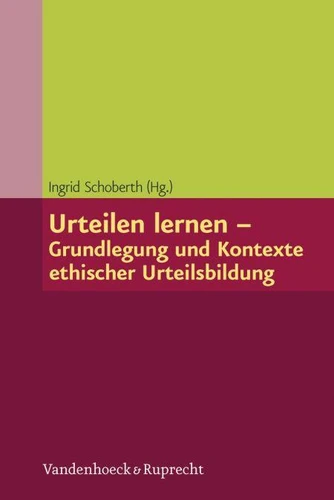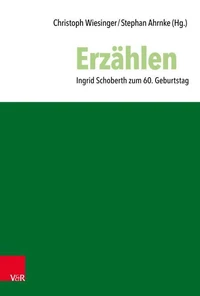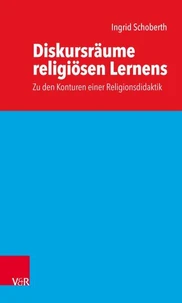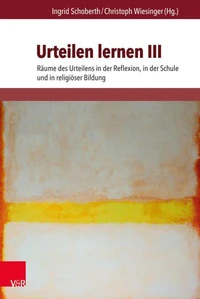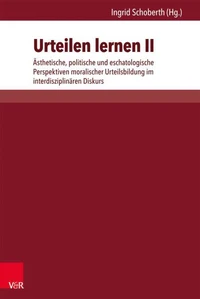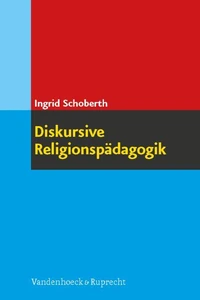Urteilen lernen – Grundlegung und Kontexte ethischer Urteilsbildung
Par : , , , ,Formats :
Disponible dans votre compte client Decitre ou Furet du Nord dès validation de votre commande. Le format PDF est :
- Compatible avec une lecture sur My Vivlio (smartphone, tablette, ordinateur)
- Compatible avec une lecture sur liseuses Vivlio
- Pour les liseuses autres que Vivlio, vous devez utiliser le logiciel Adobe Digital Edition. Non compatible avec la lecture sur les liseuses Kindle, Remarkable et Sony
 , qui est-ce ?
, qui est-ce ?Notre partenaire de plateforme de lecture numérique où vous retrouverez l'ensemble de vos ebooks gratuitement
Pour en savoir plus sur nos ebooks, consultez notre aide en ligne ici
- Nombre de pages302
- FormatPDF
- ISBN978-3-647-70202-5
- EAN9783647702025
- Date de parution15/02/2012
- Protection num.pas de protection
- Taille6 Mo
- Infos supplémentairespdf
- ÉditeurVandenhoeck & Ruprecht
Résumé
Correctly judging situations plays a large role in everyday life - it´s not always easy to determine the right thing to do, and only then can one actually do the right thing: properly deciding between two or more possible alternatives. This volume shows the necessity of making a scientific analysis of the various ways of reaching ethical competence. It demonstrates the various forms and nature of judgment within a scientific-theological and interdisciplinary research context, having resulted from a common discourse of Christian and Jewish theology as well as jurisprudence.
The basic questions are discussed and compared to the perspective about learning to judge that is not innate: Moral education demands positive and workable paths in which children and adolescents as well as adults can practice executing proper judgement. For this reason a number of example contexts with an ethical background - in education, worklife and the legal system - are examined in detail.
The basic questions are discussed and compared to the perspective about learning to judge that is not innate: Moral education demands positive and workable paths in which children and adolescents as well as adults can practice executing proper judgement. For this reason a number of example contexts with an ethical background - in education, worklife and the legal system - are examined in detail.
Correctly judging situations plays a large role in everyday life - it´s not always easy to determine the right thing to do, and only then can one actually do the right thing: properly deciding between two or more possible alternatives. This volume shows the necessity of making a scientific analysis of the various ways of reaching ethical competence. It demonstrates the various forms and nature of judgment within a scientific-theological and interdisciplinary research context, having resulted from a common discourse of Christian and Jewish theology as well as jurisprudence.
The basic questions are discussed and compared to the perspective about learning to judge that is not innate: Moral education demands positive and workable paths in which children and adolescents as well as adults can practice executing proper judgement. For this reason a number of example contexts with an ethical background - in education, worklife and the legal system - are examined in detail.
The basic questions are discussed and compared to the perspective about learning to judge that is not innate: Moral education demands positive and workable paths in which children and adolescents as well as adults can practice executing proper judgement. For this reason a number of example contexts with an ethical background - in education, worklife and the legal system - are examined in detail.

